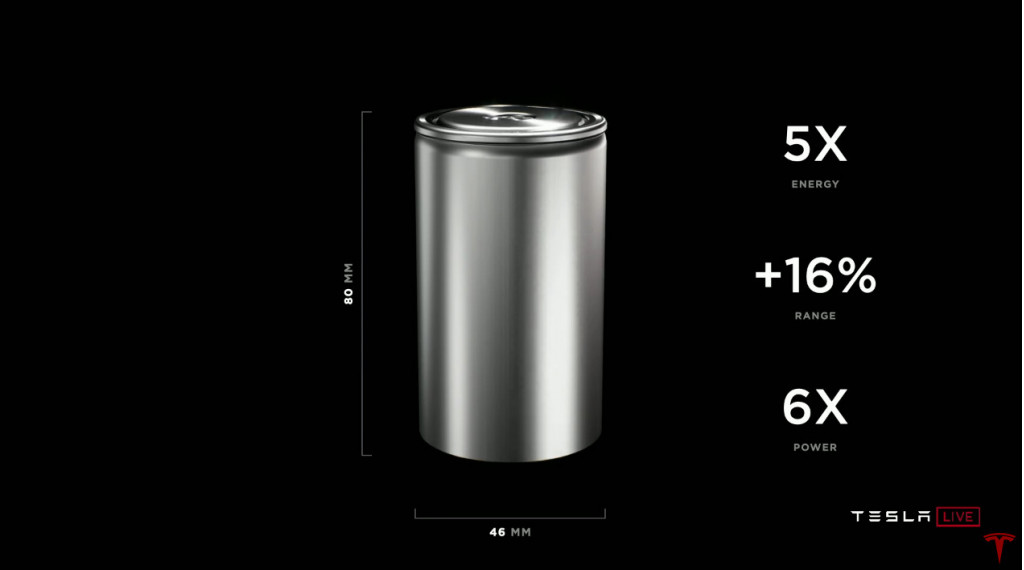Tesla may not have to search for a supplier to manufacture its proposed large-format battery cells. Samsung SDI and LG Energy Solution are both vying to make the new cells, The Korea Herald reported Tuesday.
The new 4680-format cylindrical cells—46 millimeters wide by 80 millimeters long—was presented at Tesla's Battery Day last year and are expected to be used in certain future Tesla vehicles instead of the 2170-format cells (21 millimeters wide by 70 millimeters long) currently used in the automaker's top-selling products, the Model 3 and Model Y.

Tesla Model 3 design prototype - reveal event - March 2016
Both Samsung and LG have developed sample 4680 cells and are currently conducting tests to verify structural integrity, the report said, citing an anonymous industry official with knowledge of the matter.
At its annual shareholder meeting in March, Samsung SDI CEO Jun Young-hyun said in an interview with The Korea Herald that the company was developing a cylindrical cell larger than its existing 2170 model, but declined to offer exact specifications.

Future Tesla cell will make energy, power gains
In April, it was also disclosed that Samsung and Hyundai were co-developing a new-format cell—larger than 2170, but smaller than 4680—specifically for hybrid vehicles, the report said.
Tesla is banking a lot on the 4680 format, as it may be the key to packing enough energy density into some of its most important upcoming vehicles. CEO Elon Musk has said that without them, Tesla won't have enough cells to make the Semi.
LG already supplies 2170-format cells for Tesla Model 3 and Model Y vehicles made in China, the report noted. A different report earlier this year said the company was considering building 4680-format cells for Tesla in the United States, beginning in 2023.
Panasonic, Tesla's current main battery supplier, appears willing to make the 4680 cells, with some asterisks perhaps. In an interview earlier this year, Panasonic's EV battery boss, Yasuaki Takamoto, appeared skeptical, citing concerns about overheating and particle contamination, which can cause fires.












